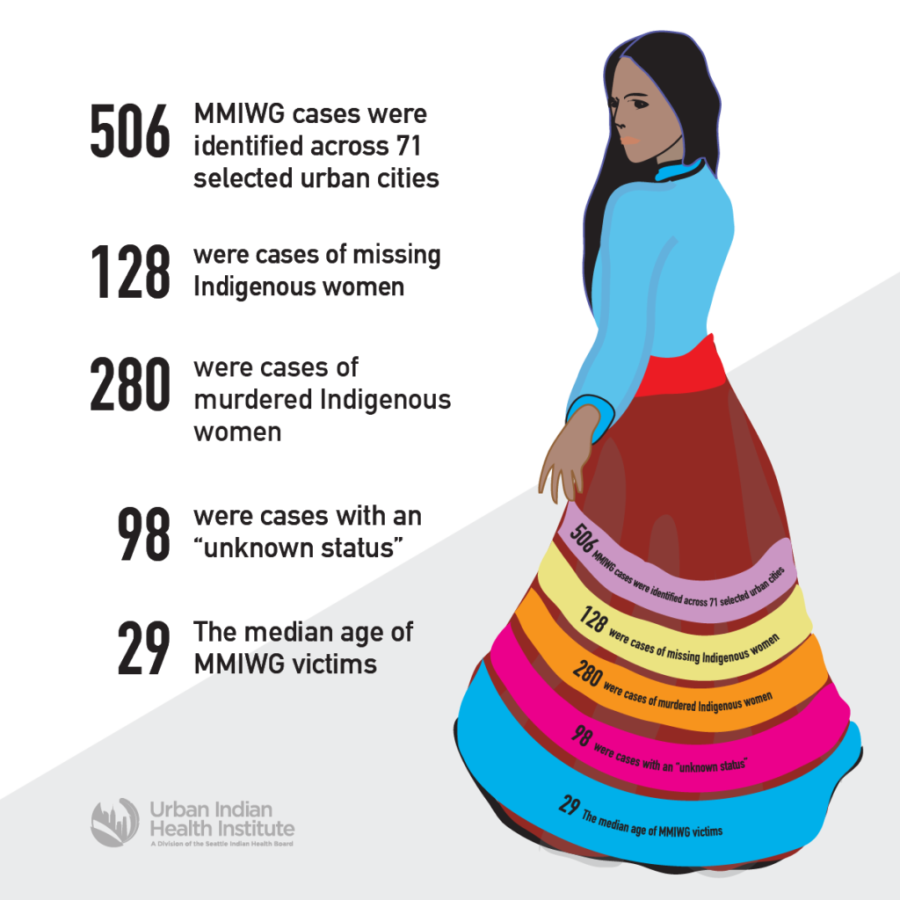On June 20th, throngs of school children, teachers and parents shouted this appeal to officials of the United Nations as they paraded in front of UN headquarters on June 8, World Oceans Day. Organized by Global Response and the Sea Turtle Restoration Project (STRP), the marchers were decked out in sea turtle costumes and carried black painted turtle umbrellas. They displayed thousands of letters urging U.N. Secretary General Kofi Annan to take action against longline fishing, which kills 40,000-60,000 sea turtles annually. This wasteful and destructive industrial fishing practice has brought the Pacific Leatherback sea turtle to the brink of extinction.
The female nesting population of highly migratory Leatherback sea turtles in the Pacific Ocean has collapsed by 95 percent since 1980. Eminent scientists warn that the leatherback could go extinct in 5-30 years unless we reduce the threat from longline fishing. Because sea turtles are migratory, traveling thousands of miles each year to nest, an international solution is needed.
Global Response has been campaigning for a ban on longline fishing in the Pacific since 2003, when we delivered over 1,000 Global Response members' letters to the U.N. This year, the Sea Turtle Restoration Project also collected letters from 1,007 scientists in 97 countries, urging the U.N. to implement a moratorium on longlining in the Pacific. Signers include famed primatologist Dr. Jane Goodall, biologist E.O. Wilson, oceanographer Dr. Sylvia Earle and former U.S. astronaut Bernard Harris, Jr., M.D. The letters were received by Paul Hoeffel, NGO liason chief for the U.N.
Inside UN headquarters, Sea Turtle Restoration Project led an energetic effort to promote the longline moratorium during the sixth meeting of the U.N. Open-ended Informal Consultative Process on Oceans and the Law of the Sea (UNCLOS). Canada, New Zealand, the US, Australia, Chile and Costa Rica all called for urgent reforms in the fishing industry. Costa Rica plans to offer the General Assembly a blueprint for the UN to begin addressing the longline crisis, according to Dr. Robert Ovetz of STRP.



